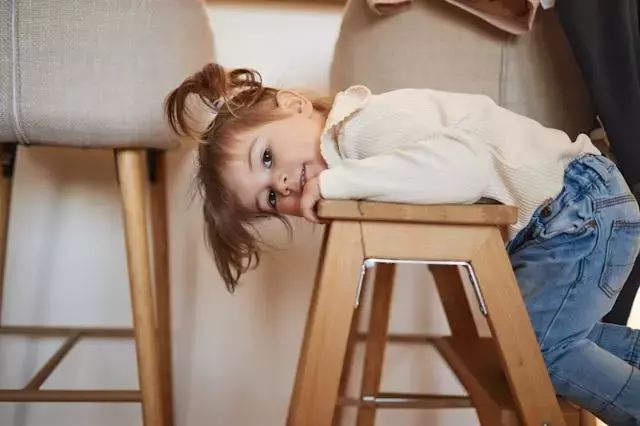
Understanding a child's development often presents unique challenges for parents, particularly when discerning typical behaviors from potential neurodevelopmental conditions. Many parents grapple with the question of whether their child's boundless energy or inattentiveness is simply a phase or an early indicator of Attention-Deficit/Hyperactivity Disorder (ADHD). This concern is amplified when there's a familial predisposition to the condition, leading to heightened vigilance regarding their child's actions and responses.
While it's common for young children to display traits like impulsivity or difficulty following instructions, an expert advises that a formal diagnosis of ADHD typically isn't made until around age four. However, early warning signs can emerge as early as two or three years old. These signs may manifest differently in various children; some might exhibit constant physical movement and high energy, while others may seem withdrawn, prone to daydreaming, or frequently forgetful. It's crucial for parents to observe the consistency and impact of these behaviors across multiple settings and over an extended period, as this helps differentiate between age-appropriate conduct and patterns that might warrant further investigation.
Recognizing the nuances between ADHD symptoms and typical childhood behaviors is essential. Parents often notice differences in how boys and girls exhibit ADHD, with boys more frequently displaying overt hyperactivity, leading to earlier referrals. Girls, conversely, might show more subtle signs, such as inattentiveness or disorganization, which can sometimes be mistaken for other issues like anxiety. Ultimately, parental intuition plays a significant role. Trusting one's instincts and seeking professional advice from pediatricians or child psychologists can provide clarity and ensure children receive the appropriate support tailored to their unique needs. This proactive approach helps families navigate the complexities of child development and provides the best possible environment for every child to thrive.
Understanding and supporting children with ADHD means recognizing that it's a difference in brain function, not a reflection of parenting or behavior. By providing the right tools and interventions, children with ADHD, who are often bright and creative, can truly excel and reach their full potential.
